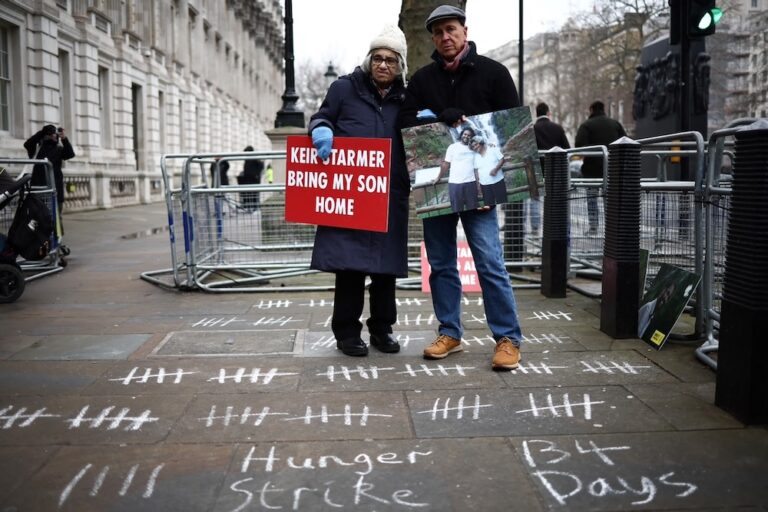The final draft of the new Egyptian Constitution, which comes at the heels of the President's controversial Constitutional Declaration, protects some rights but undermines others.
(Human Rights Watch/IFEX) – 30 November 2012 – The final draft of a constitution approved on 29 November 2012, by Egypt’s 100-member constituent assembly protects some rights but undermines others, Human Rights Watch said today. The constitution, approved in the midst of a political standoff between the president and the judiciary, provides for basic protections against arbitrary detention and torture and for some economic rights but fails to end military trials of civilians or to protect freedom of expression and religion.
The constitution drafting process has been extremely contentious, and a number of assembly members resigned in protest over what they said was the failure of the dominant Islamist factions to compromise on key issues, including the place of religion in affairs of state. The decision comes on the heels of President Mohamed Morsy’s controversial 22 November Constitutional Declaration immunizing his decrees from judicial review.
“The decision of constituent assembly leaders to move a flawed and contradictory draft to a vote is not the right way to guarantee fundamental rights or to promote respect for the rule of law,” said Joe Stork, deputy Middle East and North Africa director at Human Rights Watch. “Rushing through a draft while serious concerns about key rights protections remain unaddressed will create huge problems down the road that won’t be easy to fix.”
Article 60 of the 30 March Constitutional Declaration issued by Egypt’s military rulers in March 2011 states that a referendum on the constitution shall take place 15 days after the constituent assembly approves a draft. Judges in numerous circuits around the country have gone on strike to protest Morsy’s Constitutional Declaration. It is not clear whether they will agree to supervise the referendum, as required by law.
Human Rights Watch wrote to the constituent assembly on 8 October outlining key concerns about various rights provisions based on a review of a 27 September draft of the constitution. There have been some improvements in the final draft, such as in the prohibition against torture and the deletion of other provisions incompatible with human rights law that would have unduly restricted free expression or the practice of religion, Human Rights Watch said.
Human Rights Watch has reviewed Chapter II of the final draft, entitled Rights and Freedoms, and followed the televised session in which the constituent assembly voted on each of these provisions. The rights chapter provides for strong protection against arbitrary detention in article 35 and torture and inhumane treatment in article 36, and for freedom of movement in article 42, privacy of communication in article 38, freedom of assembly in article 50, and of association in article 51. But the latest draft, unlike the earlier version, defers to objections from the country’s military leadership and has removed the clear prohibition of trials of civilians before military courts.


